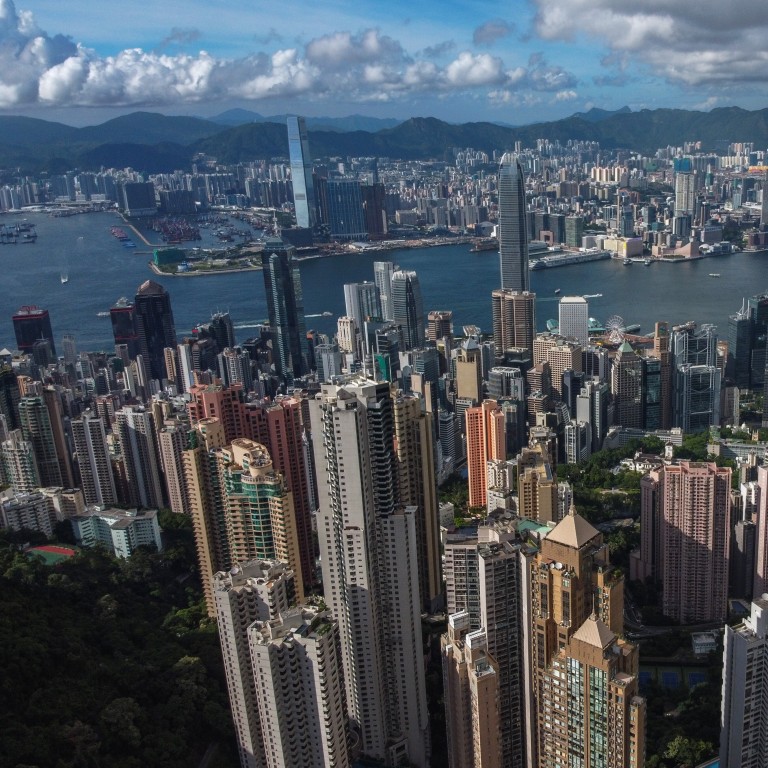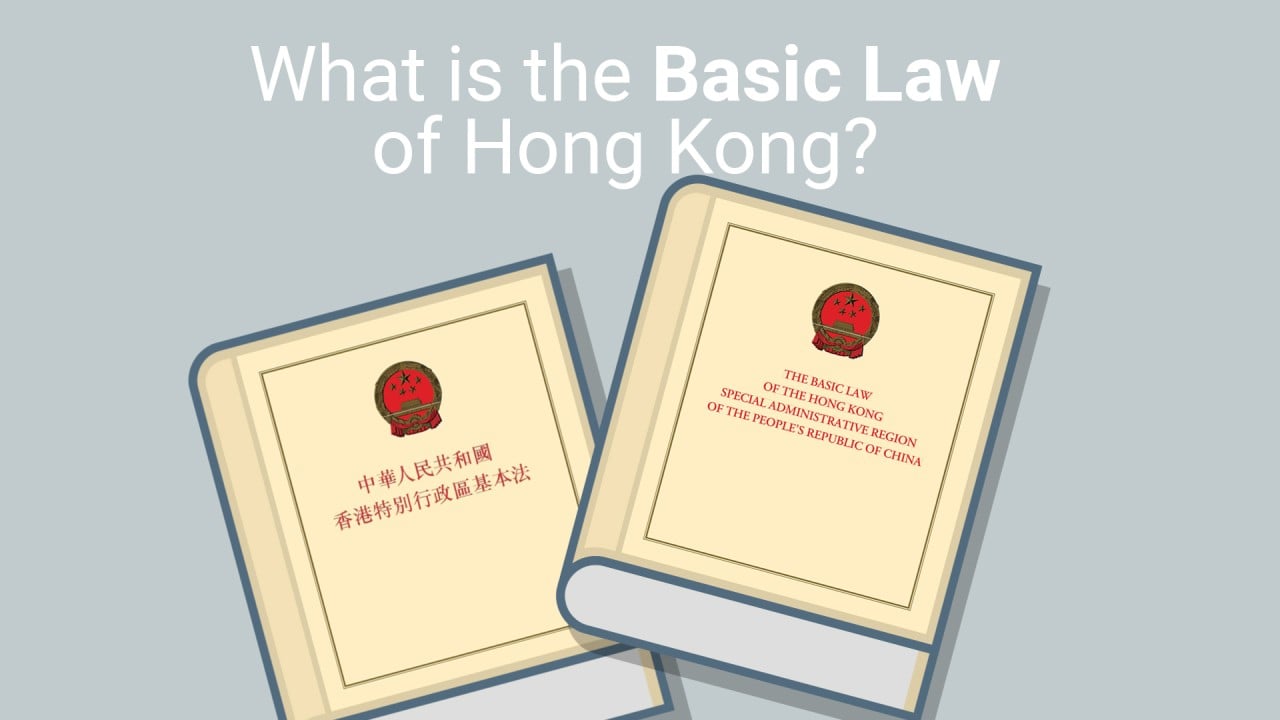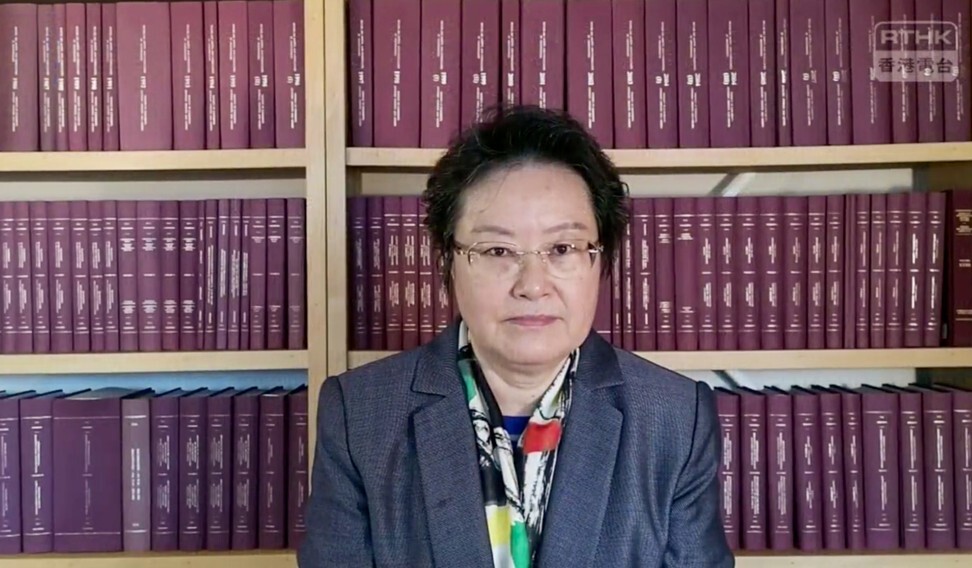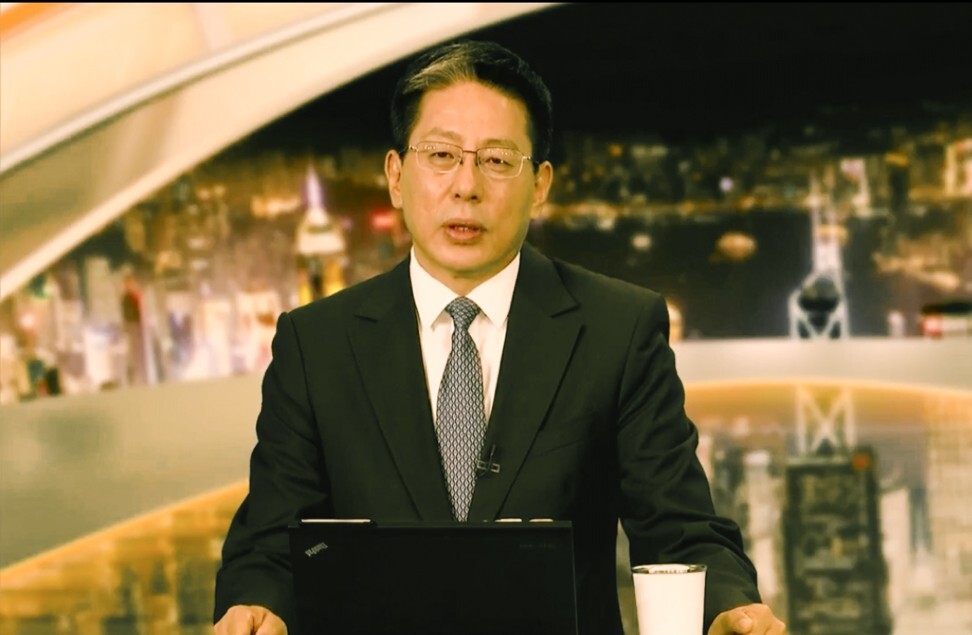
Hong Kong legal expert salutes mammoth undertaking from Beijing legal team to comb through every Hong Kong law for 1997 handover
- Zhang Yong challenges what he calls enduring misconceptions surrounding the 1997 handover at the Basic Law 30th Anniversary Legal Summit
- Vice-chairman of the Basic Law Committee lays out the painstaking preparations made ahead of Hong Kong’s return to China
Legal experts have thrown light on China’s painstaking unpicking of Hong Kong’s colonial-era laws in the years before the 1997 handover to ensure they squared with the new constitutional order as sovereignty over the city returned to Beijing.
Zhang Yong, vice-chairman of the Basic Law Committee, said that dozens of Chinese lawyers spent five years examining every piece of Hong Kong legislation in an account he gave to a legal summit on Tuesday that attempted to debunk long-standing misconceptions surrounding the handover.
Patriotism must be bedrock of Hong Kong’s political system: top Beijing official
He told the Basic Law 30th Anniversary Legal Summit that there existed a misguided belief in the city that the central government did not put a lot of effort into which pieces of legislation in force before the handover should be kept under the Basic Law.
“Some friends in Hong Kong said that the Chinese government did not censor most of the laws previously in force as there were too many,” Zhang said in a pre-recorded video message.
“But such a comment proved that they did not really understand how the central government had prepared for the return of sovereignty.
“Since 1991, the mainland government has formed a group with dozens of experts, who were familiar with common law, to censor all the laws – one by one – that were in force in Hong Kong. Each law has a full research report … and such work lasted for five years.”
Zhang said it was only after that exhaustive process that China’s top legislative body could endorse the 160 articles of the Basic Law, while repealing some of the laws that did not fit into the new constitutional landscape.
“Hong Kong laws enacted under British rule can only remain effective after 1997, if they get a new status granted by the National People’s Congress Standing Committee. This shows the power of national sovereignty,” he added.

02:31
What is the Basic Law of Hong Kong?
Laying out the two guiding principles set back then by the Basic Law drafting committee, he said: “First, not anyone can rule Hong Kong. The city has to be ruled by patriots, not foreigners.
“Second, the city’s high degree of autonomy came from the authorisation of the central government. In other words, Hong Kong is never completely autonomous.”
Also speaking at the high-powered seminar in Hong Kong, with the theme “Back to Basics”, was Xue Hanqin, a vice-president of the International Court of Justice, who was one of China’s representatives for the 1980s negotiations on Hong Kong’s return.

Judge Xue said the Chinese government was determined during that period to resume its sovereignty over Hong Kong under the “one country, two systems” principle, even as foreign investors became nervous over the prospect of that development.
Xue, who graduated from the Columbia University’s school of law in New York City, said that since the People’s Republic of China was founded in 1949, the central government had done all it could to take back its territory from colonial powers.
That was shown in its resumption of sovereignty over Hong Kong and Macau, in 1997 and 1999 respectively, she explained.

Xue – one of the mainland representatives in the Sino-British Joint Liaison Group formed in 1985 – also recalled that, to allay foreign investors’ fears of the Communist Party assuming sovereignty of the international financial hub, the British had proposed in the 1980s a system whereby it would continue to administer a Hong Kong that was under Chinese sovereignty.
The idea was bluntly rejected by the then Chinese leader Deng Xiaoping, she added.
“Such a concept separated sovereignty and carried colours of colonialism which were totally unacceptable by international laws,” she said.
Xue noted that it was eventually agreed through the Sino-British Declaration that “China has resumed the exercise of sovereignty over Hong Kong” while “Britain has restored Hong Kong to China”, using terminology that suggested the city’s sovereignty had never been lost to Britain.

